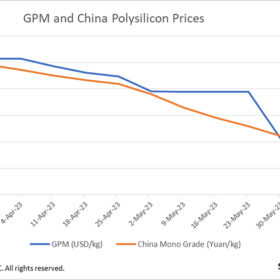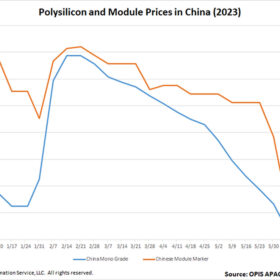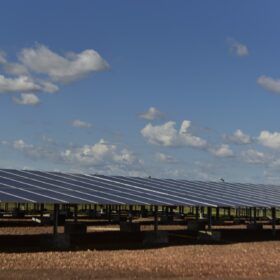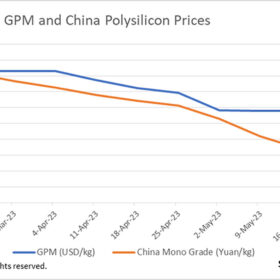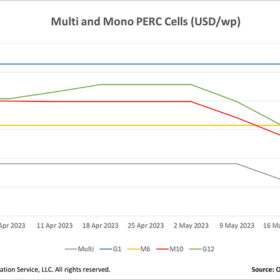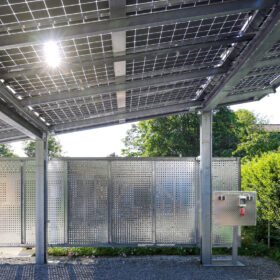China polysilicon prices in freefall
In a new weekly update for pv magazine, OPIS, a Dow Jones company, provides a quick look at the main price trends in the global PV industry.
Rapid shift to solar energy is key to enhancing MSME productivity and exports
The biggest incentive in pushing the rooftop solar projects in the micro, small and medium enterprises (MSMEs) is that it will bring a sizable part of India’s manufacturing under the green protocols. Additionally, it offers the micro-enterprises, which are jointly situated in the industrial clusters, an opportunity to unlock value by making use of their rooftops and vacant spaces for harnessing clean energy.
Faster electric car rollout in Bangladesh demands policy support
The economic burden of air pollution in Bangladesh, for which transport is one of the major reasons, calls for strong policy-level intervention to increase the adoption of electric cars.
Asia leads charge in renewable energy growth
IRENA’s report Renewable Capacity Statistics 2023 shows that in 2022, Asia accounted for nearly 60 percent of the worldwide increase in renewable energy generating capacity, resulting in a total of 1.63 Terawatt (TW) of renewable capacity by year end. A huge part of this increase occurred in China.
China solar module prices dive
In a new weekly update for pv magazine, OPIS, a Dow Jones company, provides a quick look at the main price trends in the global PV industry.
Green hydrogen: A key enabler for a sustainable future
Green hydrogen holds the potential to decarbonize critical sectors and provide clean energy solutions. However, it accounts for less than 1% of global hydrogen production. Targeted interventions are required to facilitate a smooth transition toward a green hydrogen economy.
Polysilicon prices plunge worldwide on bearish market sentiment
In a new weekly update for pv magazine, OPIS, a Dow Jones company, provides a quick look at the main price trends in the global PV industry.
Cell prices slip, weighed down by sustained falling upstream prices
In a new weekly update for pv magazine, OPIS, a Dow Jones company, provides a quick look at the main price trends in the global PV industry.
Biofuels vs. solar electricity for urban mobility
Solar electricity will have to compete with biofuels in the urban mobility landscape. Biofuels, however, have a very low energy productivity per hectare, as well as high requirements for fertilizers, pesticides, and water.
Public-private partnerships: The path to sustainable transportation in India
By bringing together the private sector’s expertise and the public sector’s policy support, public-private partnerships can support the development of new technologies and solutions to improve the performance, efficiency, and affordability of electric vehicles (EVs).
